They are safer because they reduce the release of VOC (volatile organic compounds) which cause medical issues. Aqueous cleaning systems are available in automatic, manual, or both with programmable solution temperatures and other features. There are two main process styles of aqueous cleaning systems: jet spray process and the power wash process. Read More…
Alliance Manufacturing, Inc. specializes in the design, engineering, and manufacturing of aqueous parts washers and parts cleaning systems for the industrial products market. Our engineers have developed a full line of aqueous parts cleaning systems, including belt, chain, monorail, and more.
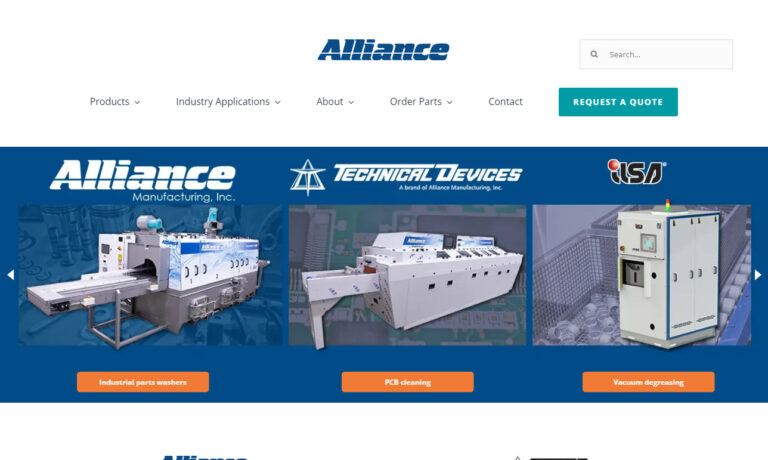
Niagara Systems LLC has offered turnkey custom parts washing systems for over 80 years. With our customization capabilities, our parts washing systems stand out from the competition.
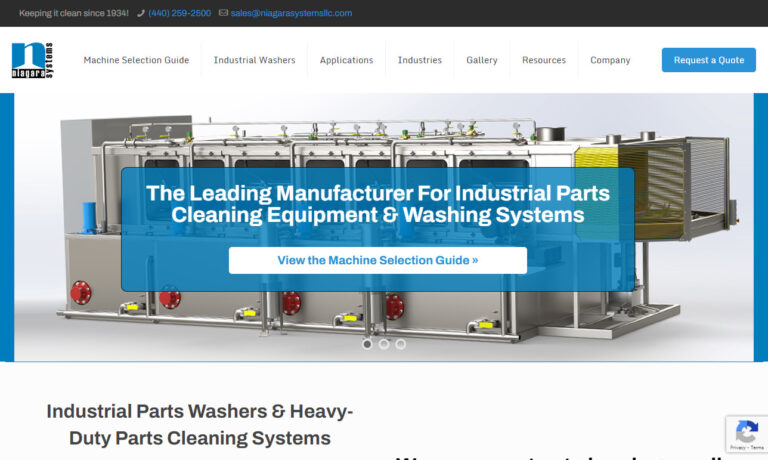
Nobody knows aqueous parts washers as we do! At Better Engineering, we manufacture sustainable Cabinet/turntable parts washers, Inline cleaning systems, conveyor parts washers, ultrasonic parts cleaner, Dunnage wash systems, Drum washers, Carousel washers, Tunnel, and Monorail Parts Washers in the United States using only quality metal. Our systems are built to high-quality standards; we offer...
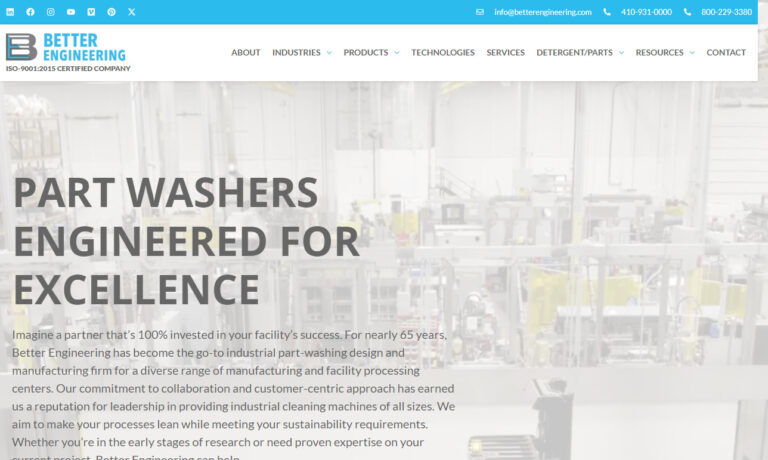
We are industry leaders and innovators in the world of parts washers. We offer an extensive list of parts washing equipment, from automotive washers to precision washers for medical industries.
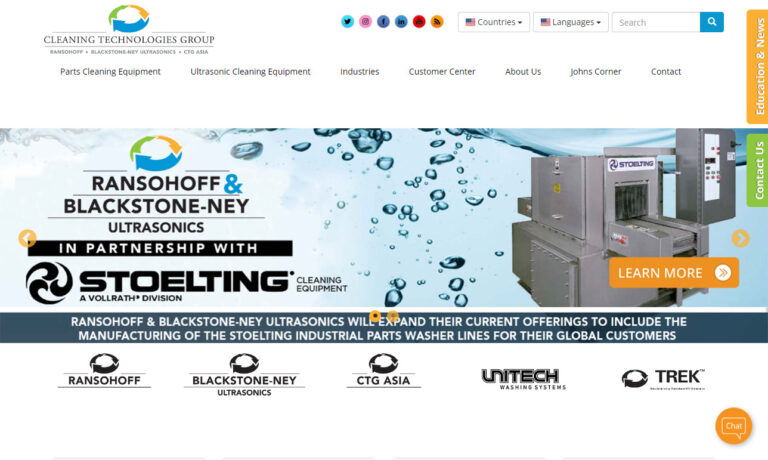
Great Lakes Finishing Equipment, Inc. specializes in supplying parts washers for even the most demanding cleaning jobs. Equipment includes table washers, drum washers, aqueous rotary baskets, aqueous belt washing systems, & more. Let our parts washing specialists assist you with your specific washing applications. Contact us today for all of your parts washer needs.
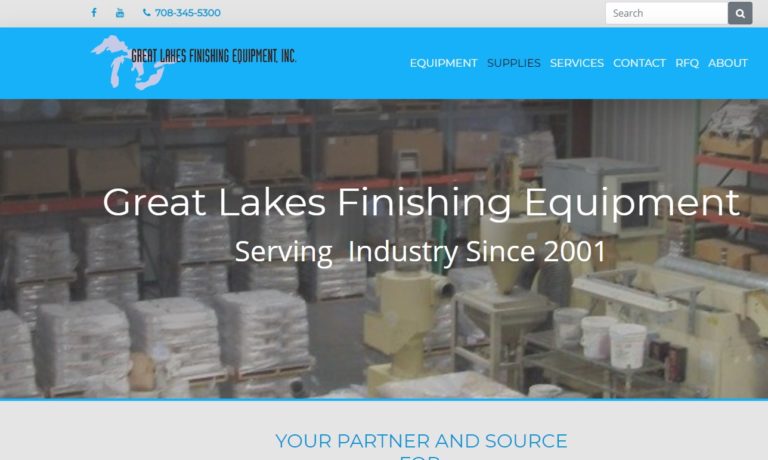
At Automated Cleaning Technologies (ACT), we excel in providing superior industrial parts washers that meet the diverse needs of various industries. Our expertise ensures that no matter your parts specifications, we have the right solution to tackle the job effectively. We take pride in our ability to deliver reliable, high-performance washers designed to handle even the most demanding cleaning...

More Aqueous Cleaning System Manufacturers
During operation, parts are either flooded or blasted with a heated solution depending on the kind of aqueous cleaning system that is being used. They basically work like dishwashers with a wash, rinse, and dry cycle. Aqueous cleaning systems work by breaking up dirt and grease using heat, pressurized water, soap, and agitation, but there are different kinds of aqueous cleaning systems.
Spray cabinets clean by spraying heated solutions at high pressures in an enclosed cabinet. This style of cleaning system ranges greatly in size.
Ultrasonic units are equipped with transducers along the bottom or side of the tank which generate high-frequency sound waves that allow for a microscopic scrubbing action on the surfaces of parts.
Immersion units have a removable false bottom which allows parts to be submerged in the solution and loosen soils and reduce scrubbing time.
Drum top units are the most similar to solvent units. They use microbes in the aqueous solution to degrade oils and organic contaminants. These microbes are safe and pose no threat to those who come in contact with them.
All these aqueous cleaning systems have an aqueous solution in them that helps with the cleaning.
Certain factors affect the cleaning results in an aqueous cleaning system. These include mechanical energy, temperature, detergent, and time. Changing or altering any of these factors affects the cleaning outcome. Aqueous cleaning systems use alkaline based detergents mixed with water to clean, and most use an electric motor to drive a centrifugal pump which determines the power density of the machine. For two aqueous cleaning systems to have similar cleaning results, their power density must be the same.
Additional Reading...
Proper Management of Aqueous Cleaning Waste
Solvent-based automotive parts washers have been a preferred choice for many vehicle maintenance professionals for many years. However, the costs of waste management associated with these devices have risen and caused an increase in the number of aqueous-based metal parts washers. Aqueous parts cleaning systems still generate potentially hazardous waste material sand require proper disposal practices.
In the following paragraphs we discuss ways to manage waste generated from aqueous-based cleaning.
Contrary to popular belief, aqueous cleaning solutions may also be classified as hazardous after prolonged use. After extended use, the metal concentration of an aqueous solution can reach the governmental regulation limits. You cannot just drain aqueous waste into a sewage treatment system unless you have proper permission. Thus, all auto repair and maintenance shops are required to contract the service of an authorized waste disposal company. An authorized company will analyze drained fluid waste to determine if it is hazardous and, if so, to what degree and what mitigation steps are required. Generally, the cost varies with the volume and properties of waste. Hazardous waste management can reach as high as $4 per gallon, whereas non-hazardous waste is disposed in the range of $1 to $2 per gallon.
Other than disposing waste fluid, you also have to manage the oil filters that are used in the washing process through proper channels. You either can get them recycled with used engine oil filters, or dispose of them altogether. However, most recycling agents will object to recycling filters as there are standards to follow regarding their handling. Used filters must be encased in metal shells similarly to engine oil filters. Moreover, some states do not permit recycling of used filters with engine oil filters. In such scenarios, the only option is to dispose of them through a hazardous waste management company. In some states, there are special rules regarding used filters. Contact your state authorities to understand your options for disposing of used washer filters.
Just like waste fluid, skimmed oil also requires proper waste management procedures. However, skimmed oil is generally disposed of with other waste fluid. The other option is getting machine oil recycled just like used motor oil. Unlike used filters, recyclers usually accept skimmed oil to be recycled with used motor oil if it is not contaminated with solvents.
You also need to manage the sludge accumulated in the units if your units are not fitted with filters. You need to dispose of the sludge just like other waste fluid by getting in contact with a licensed company that accepts waste in solid form.

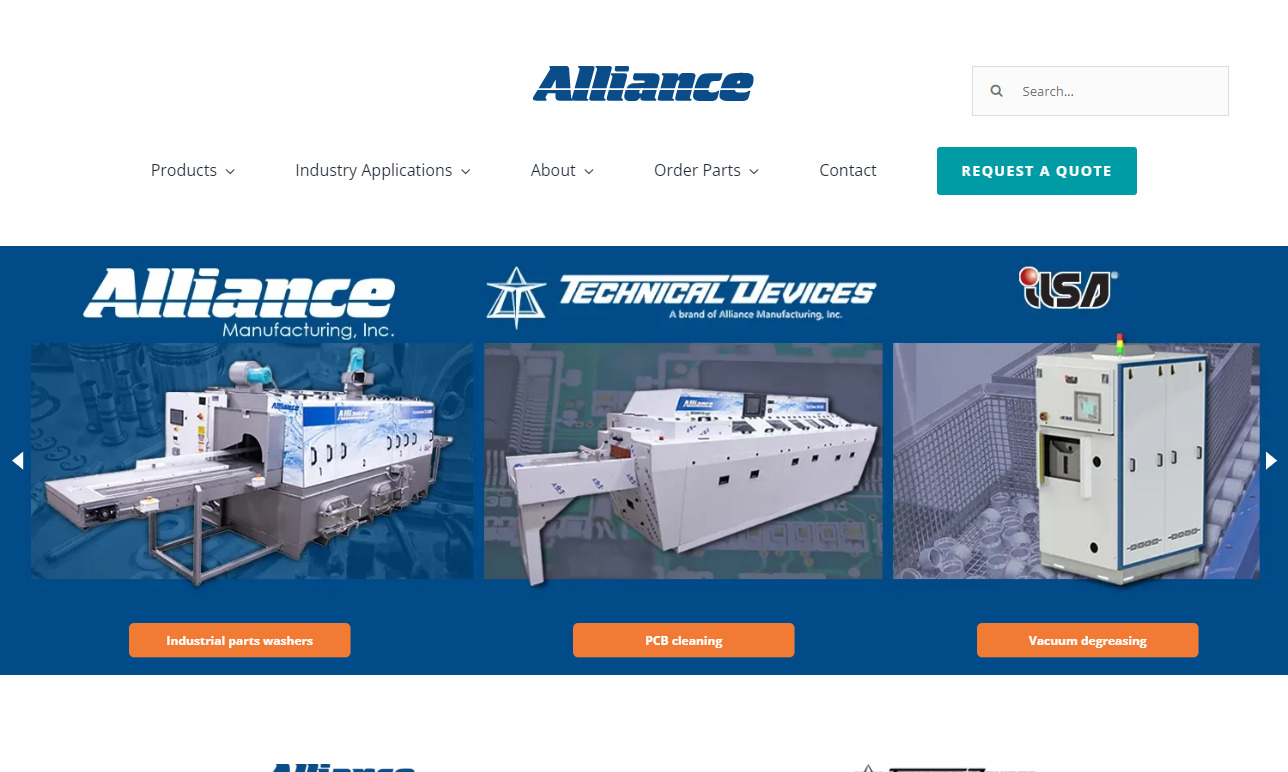
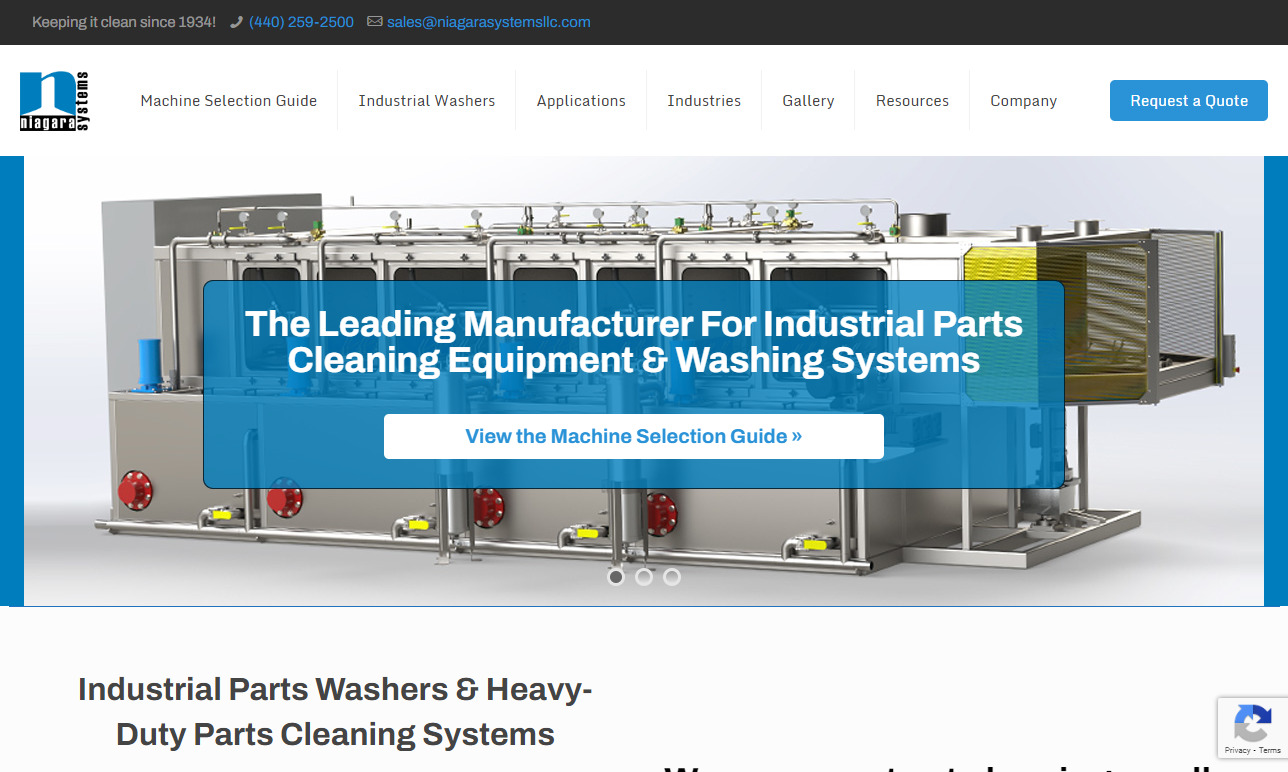
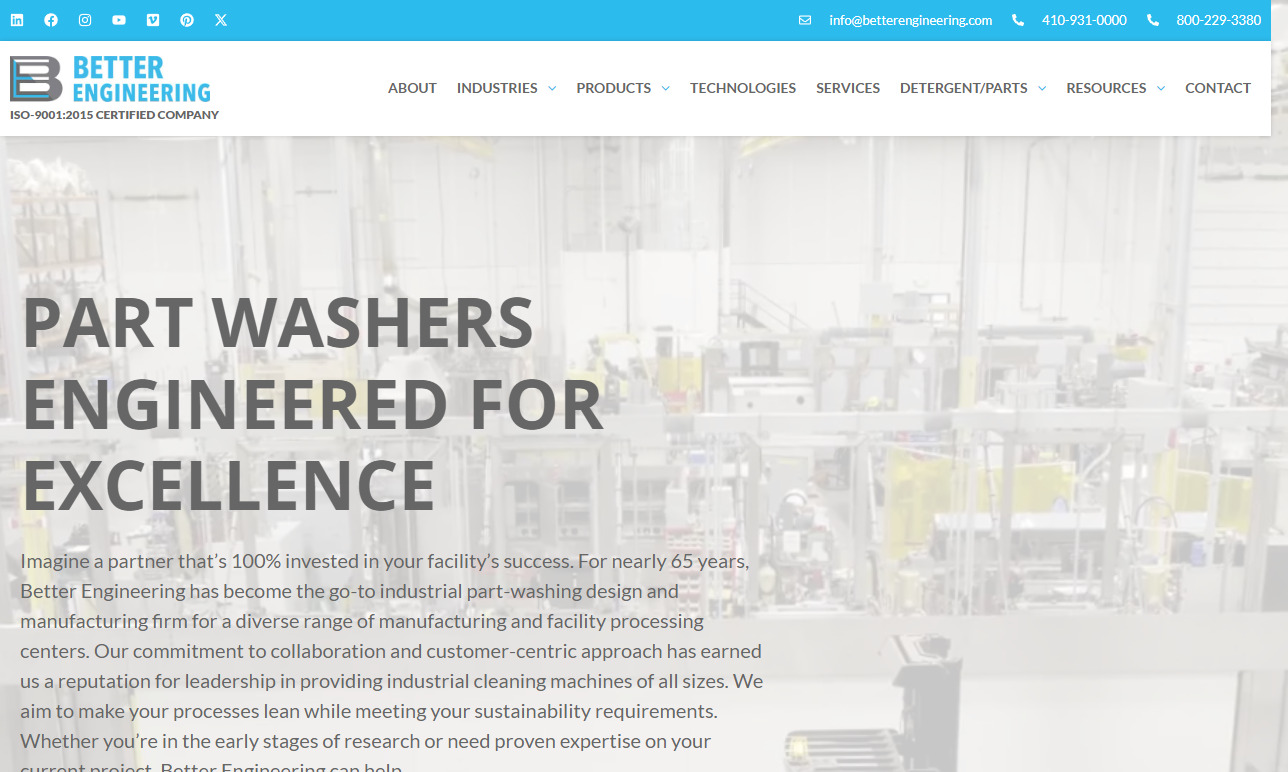
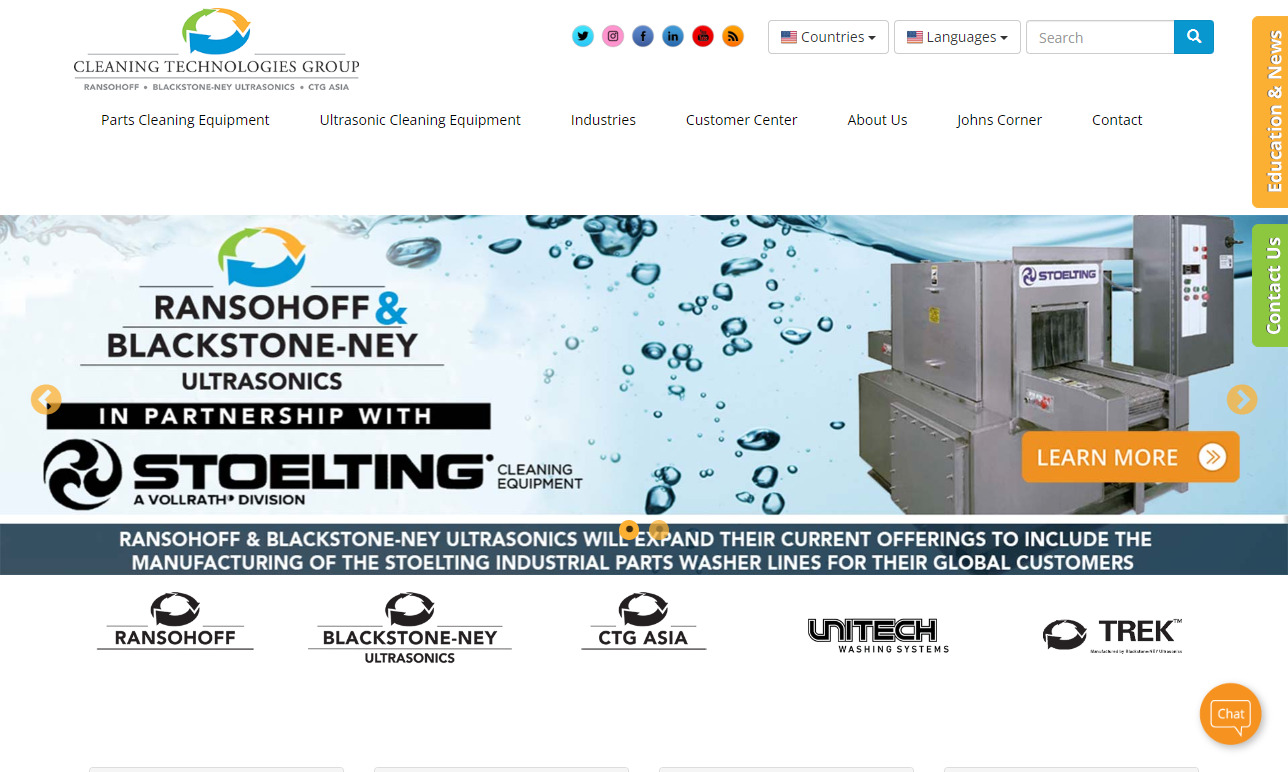
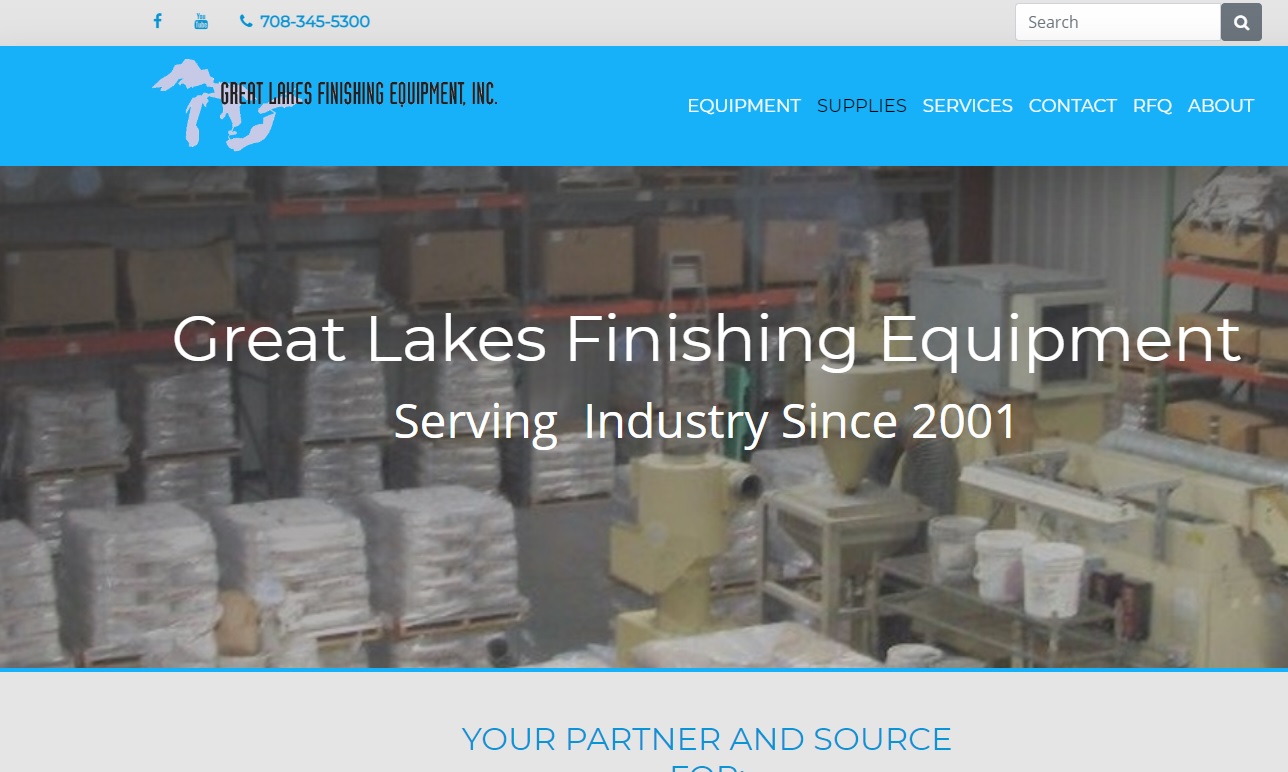
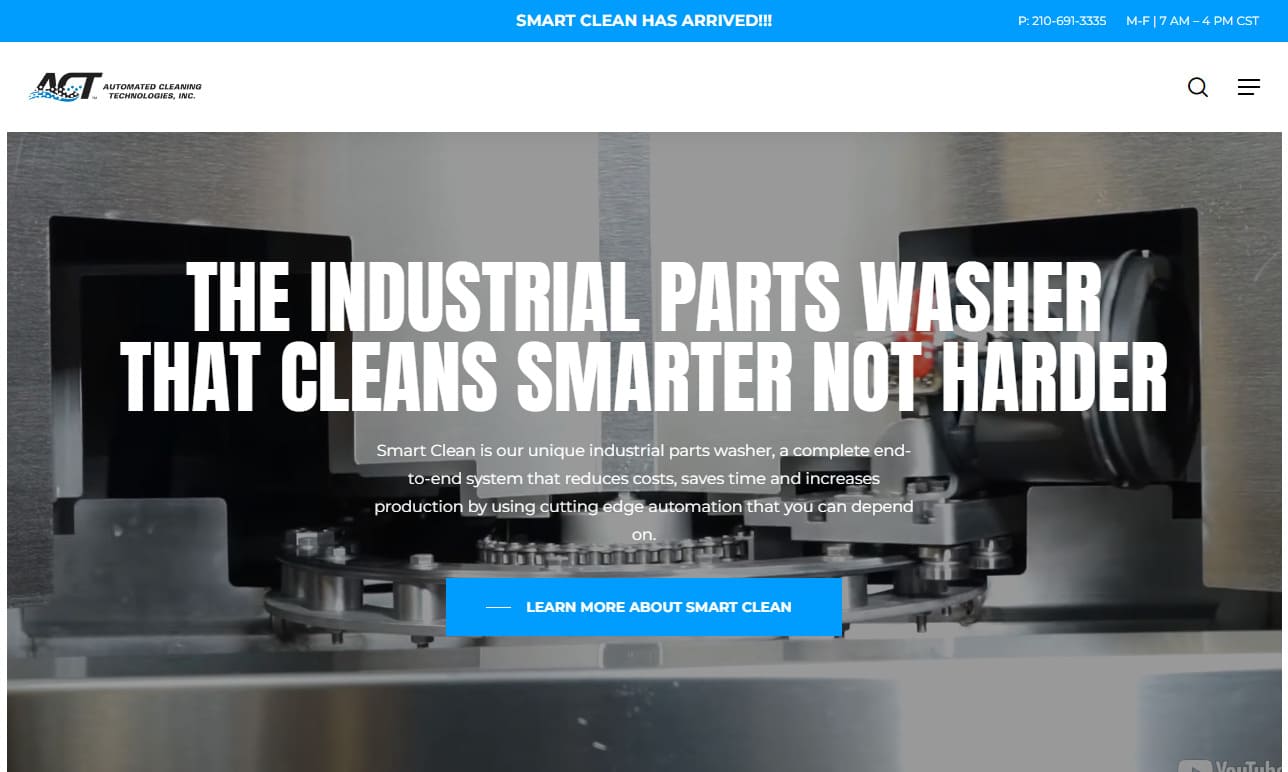
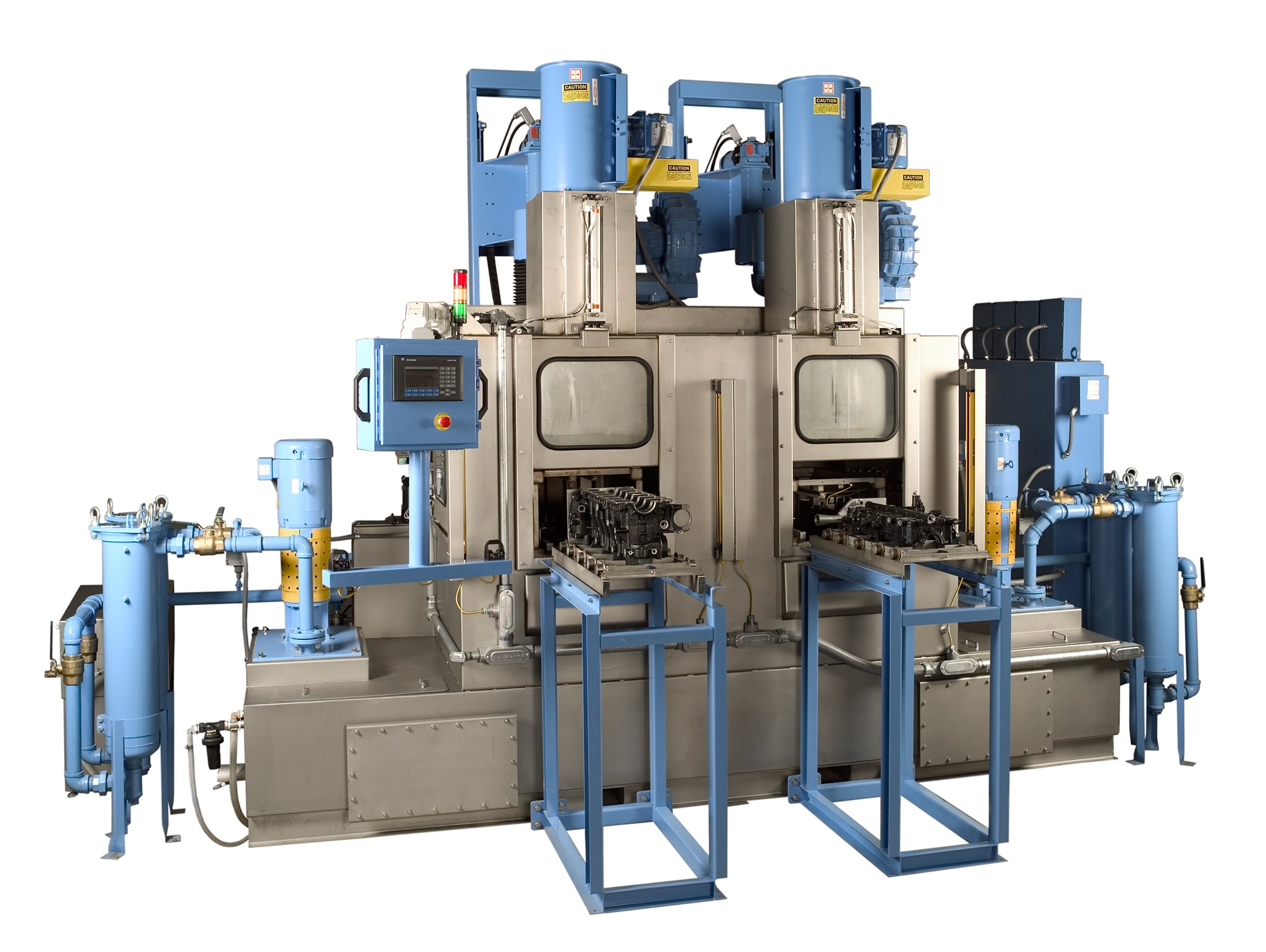
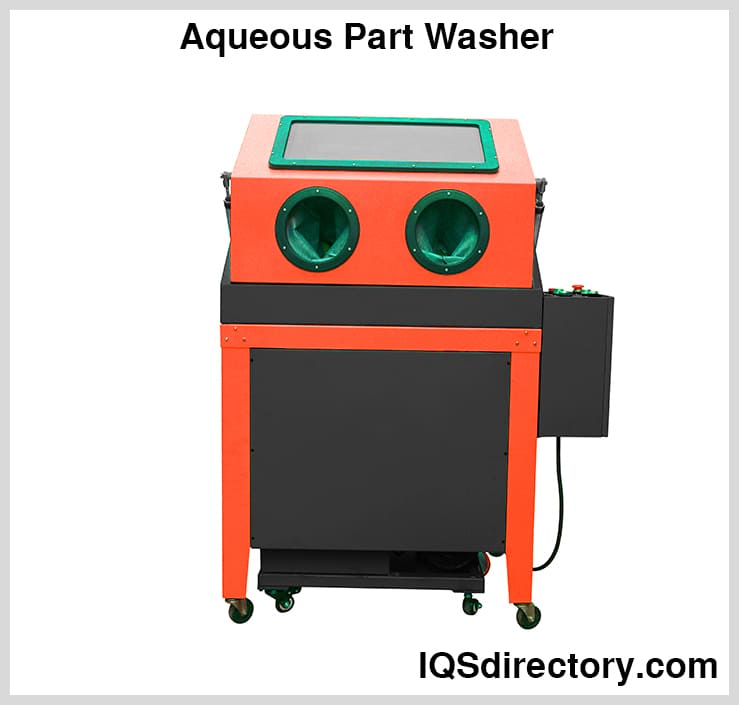
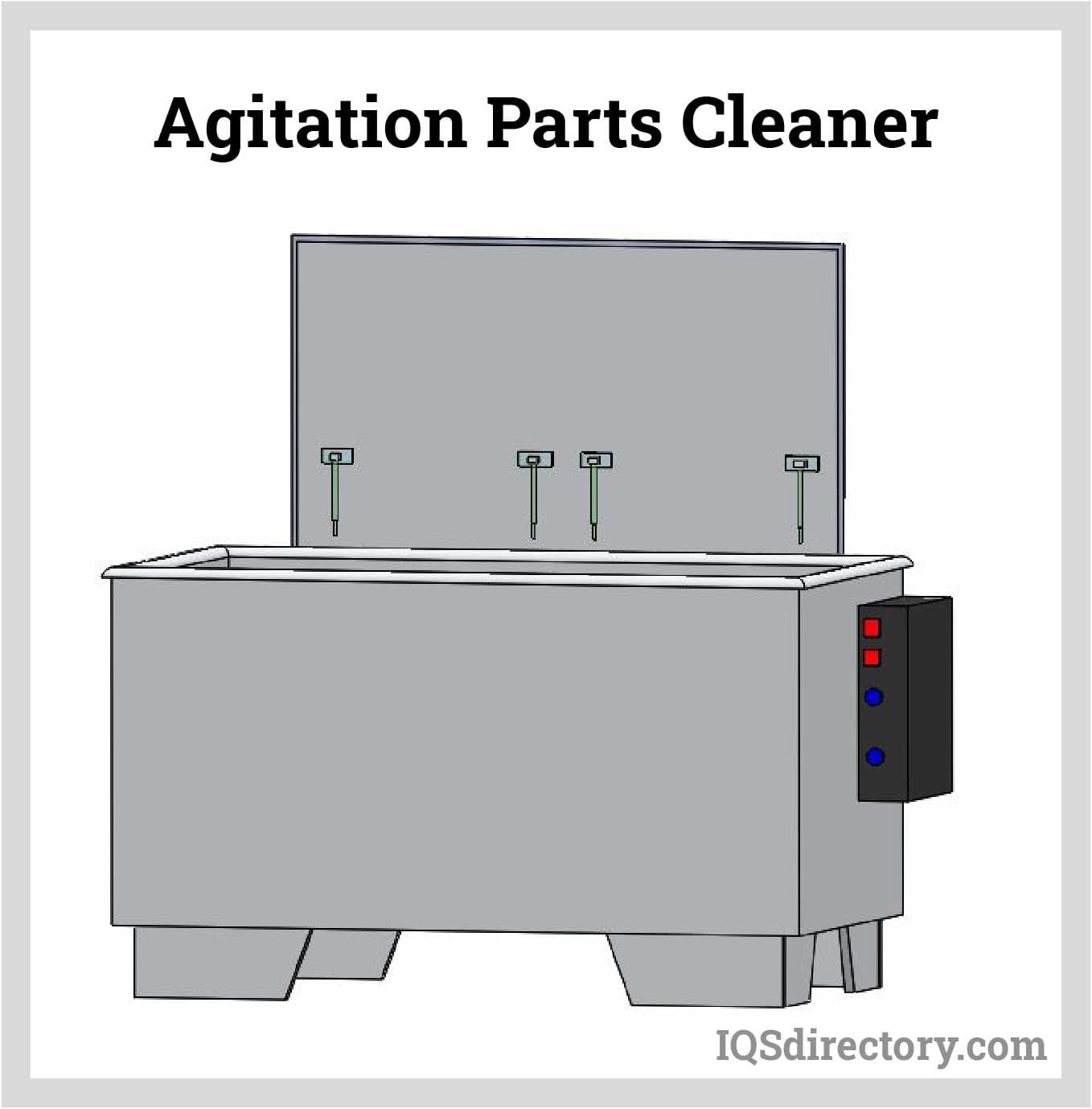
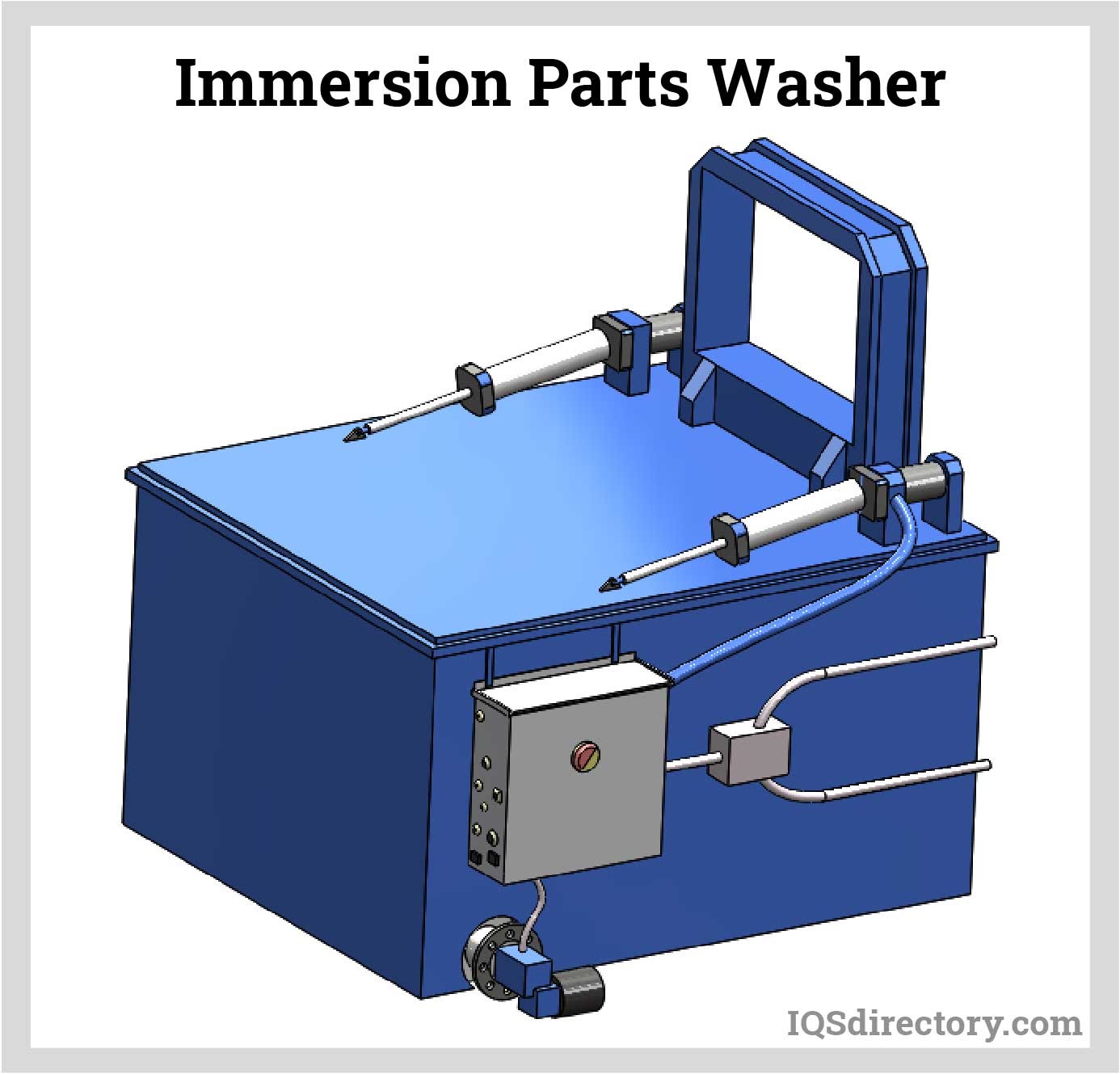
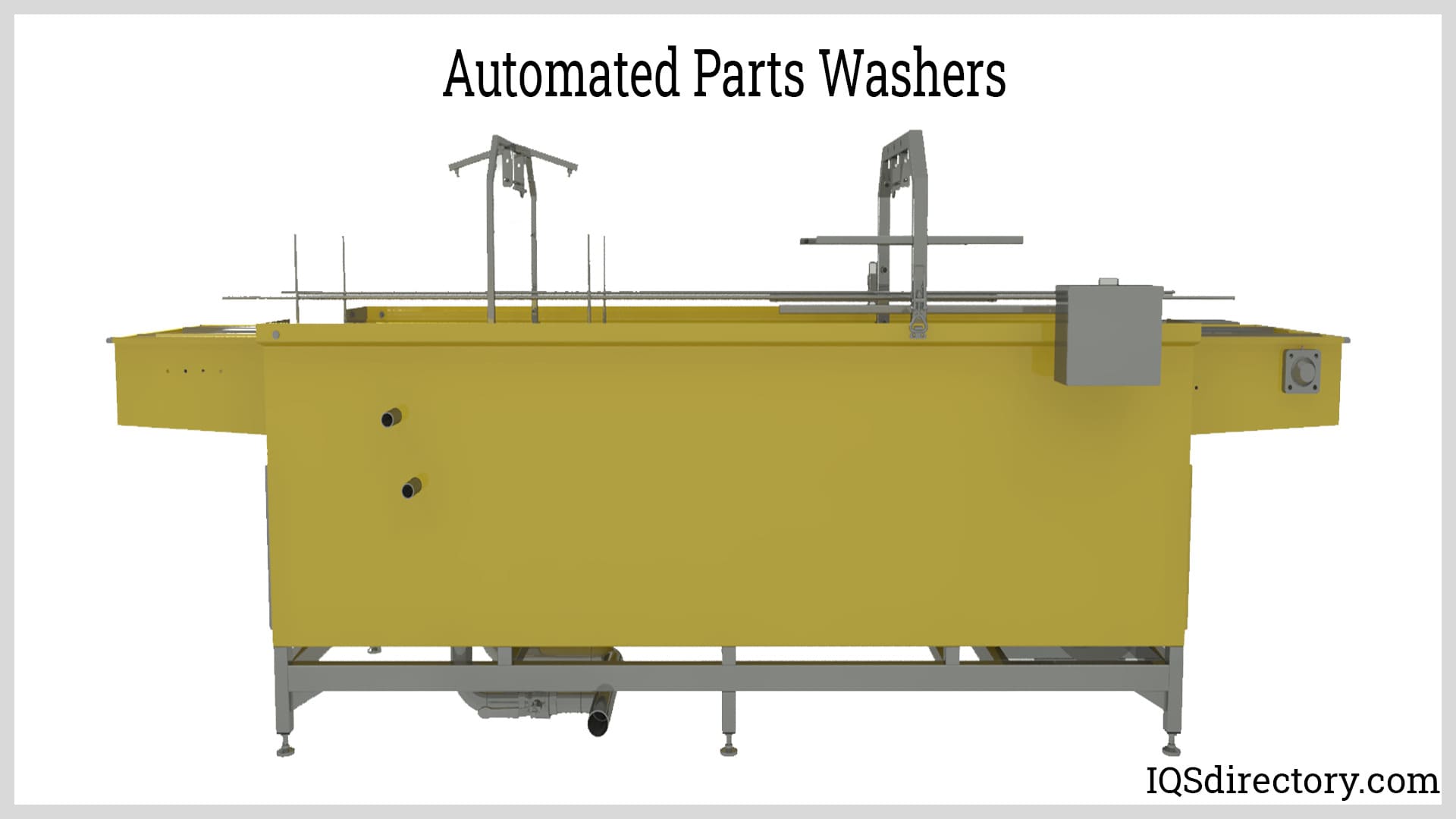
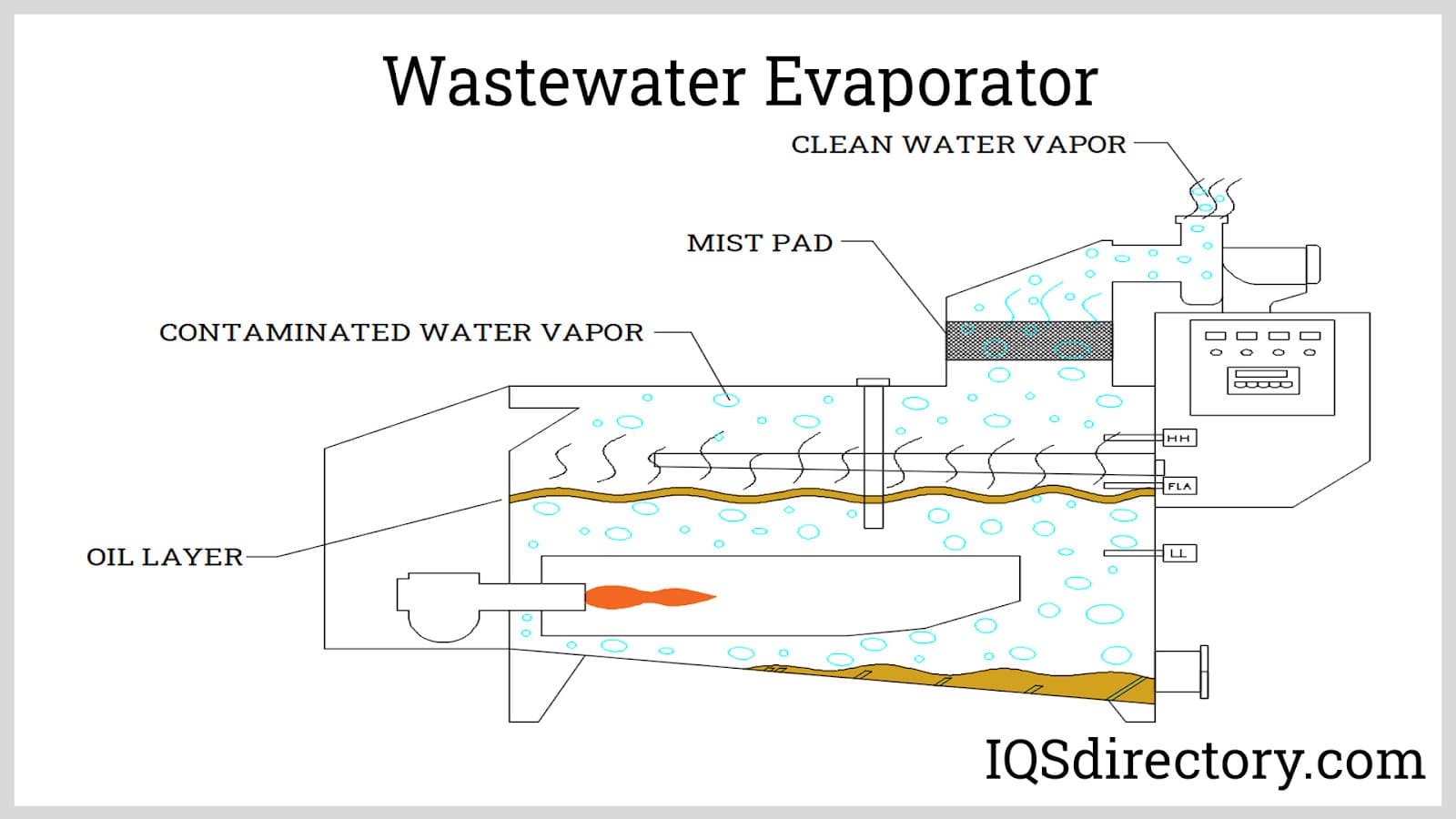
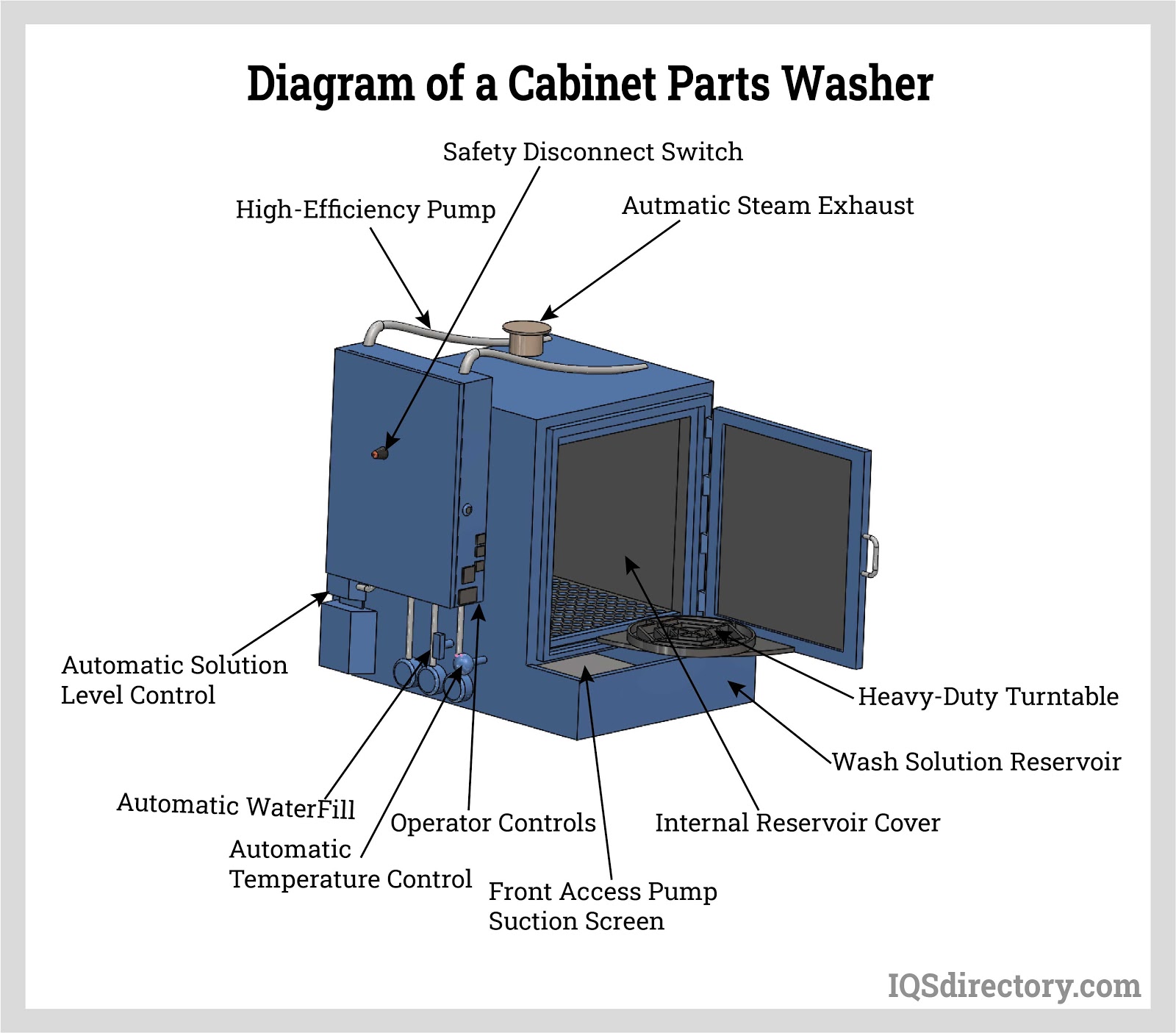
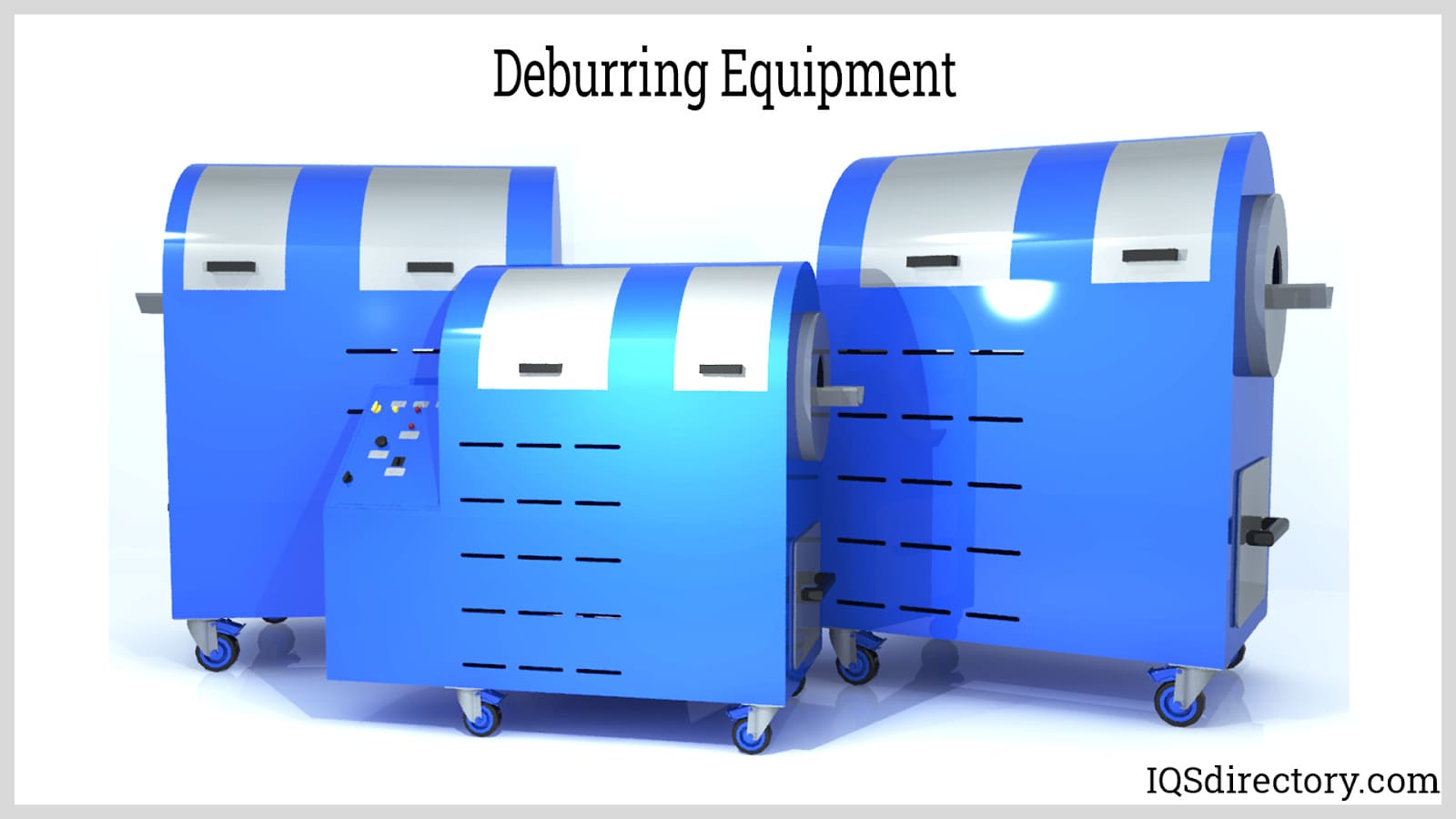
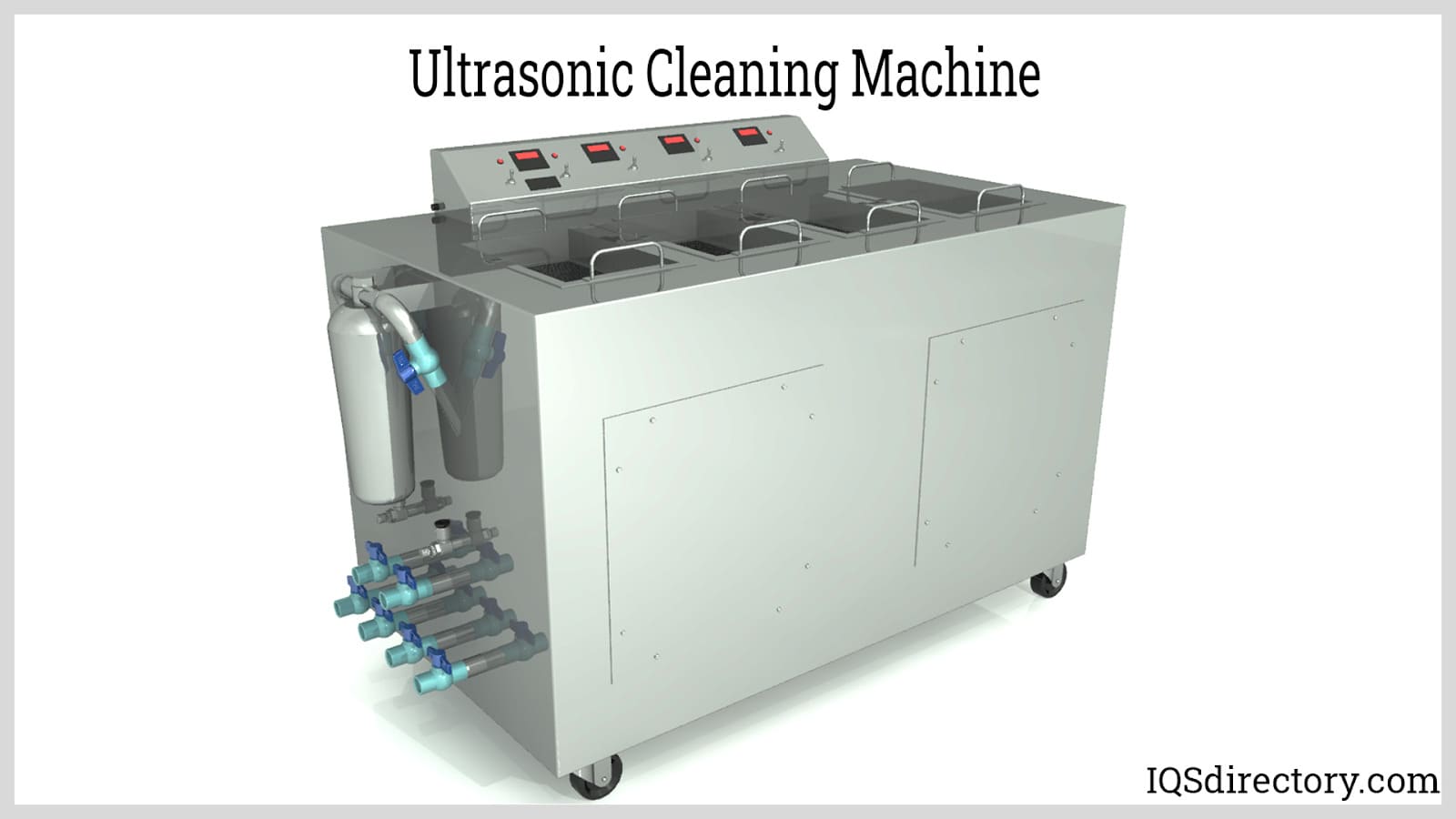
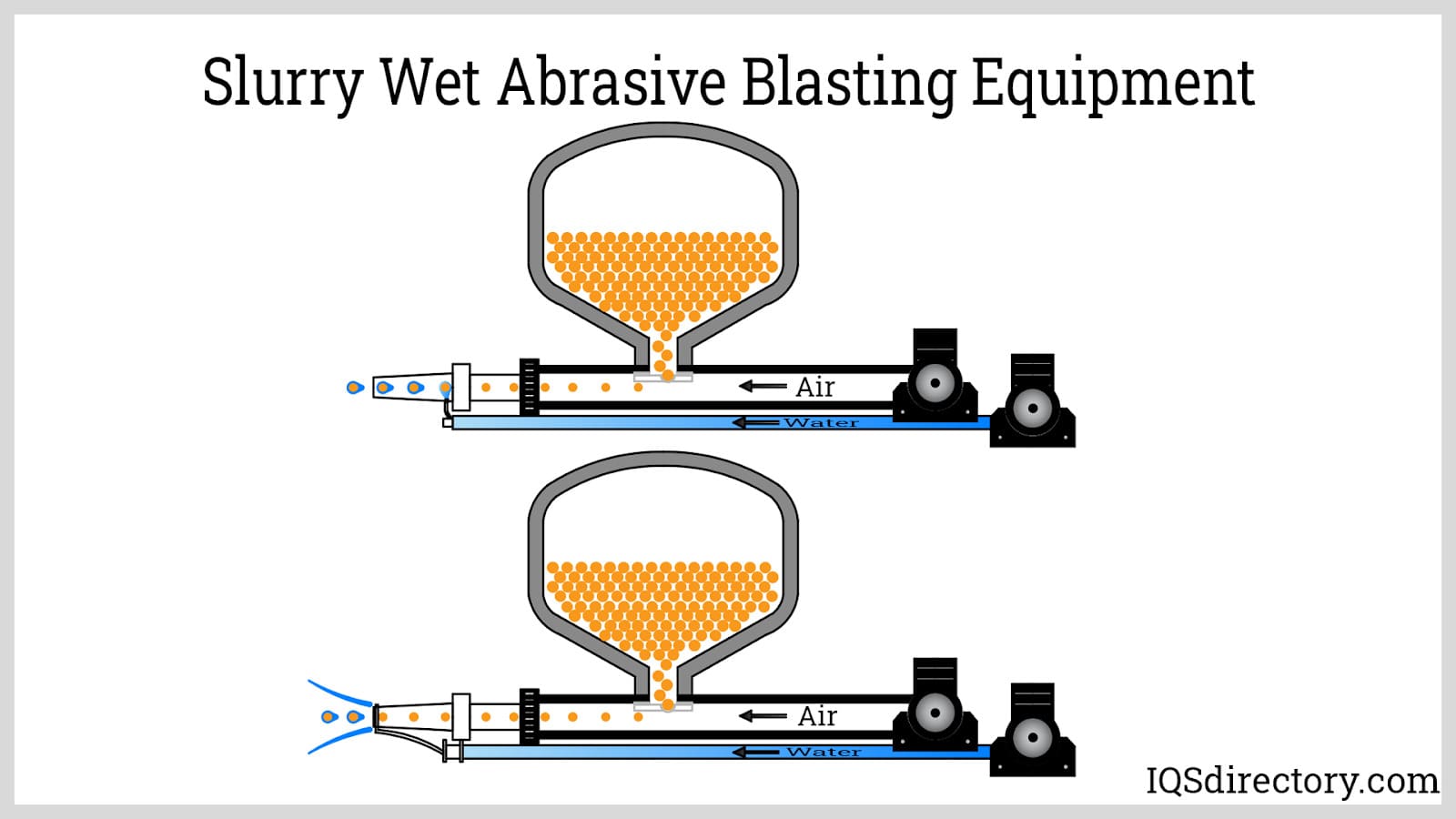
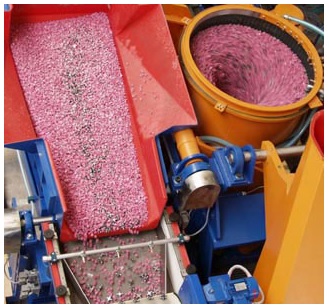 Deburring Machinery
Deburring Machinery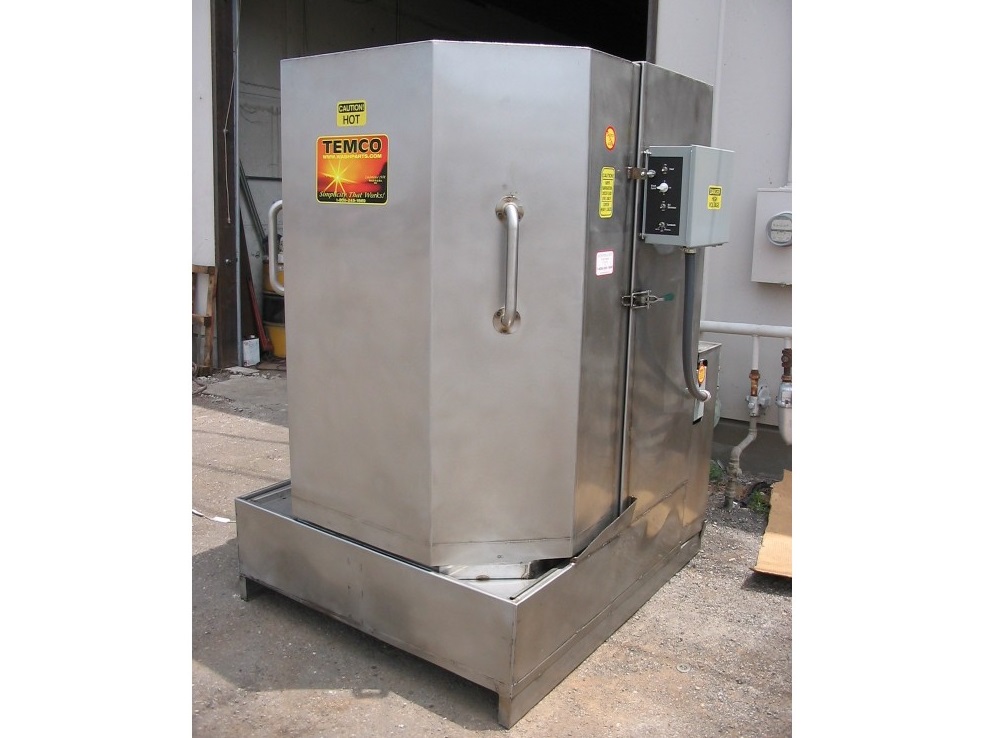 Industrial Parts Washers
Industrial Parts Washers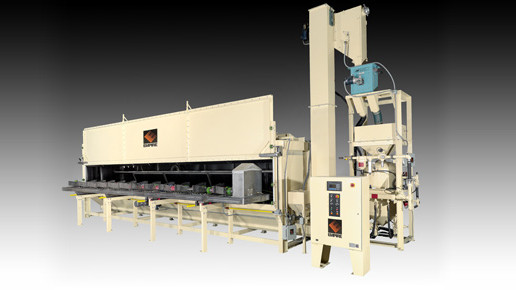 Sandblast Equipment
Sandblast Equipment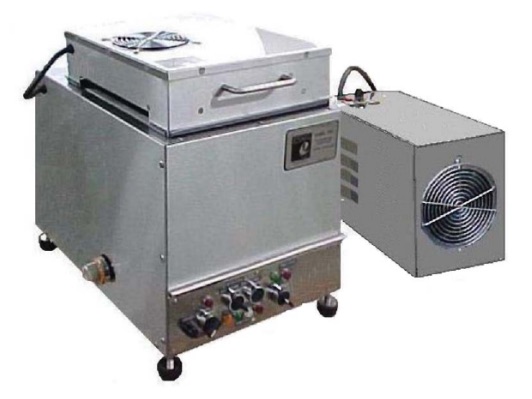 Ultrasonic Cleaners
Ultrasonic Cleaners Castings & Forgings
Castings & Forgings Bulk Material Handling
Bulk Material Handling Electrical & Electronic Components
Electrical & Electronic Components Flow Instrumentation
Flow Instrumentation Hardware
Hardware Material Handling Equipment
Material Handling Equipment Metal Cutting Services
Metal Cutting Services Metal Forming Services
Metal Forming Services Metal Suppliers
Metal Suppliers Motion Control Products
Motion Control Products Plant & Facility Equipment
Plant & Facility Equipment Plant & Facility Supplies
Plant & Facility Supplies Plastic Molding Processes
Plastic Molding Processes Pumps & Valves
Pumps & Valves Recycling Equipment
Recycling Equipment Rubber Products & Services
Rubber Products & Services